By Matilda Sola
As I was scrolling on Instagram the other day, I happened on a colleague’s post who was pouring accolades on her set designer who through his creative thinking was able to help solve a lighting challenge. The Director had a light-bulb moment after the set was dressed, to have light pour in from a high window with bars to enhance the mysterious feel of that scene, alas the location was a warehouse of thick walls and no windows that matched the director’s vision. Thinking quickly on his feet, the resourceful set designer quickly thought to build a false wall with materials he had in his van and some loose logs lying around the warehouse. The Director was delighted and her respect for her colleague grew in leaps and bounds afterwards.
Unlike its Hollywood counterpart with an array of studio complexes, backlots and dedicated specialized sets owned by multi-million-dollar production companies, the Nigerian film industry (Nollywood, as it is fondly called) does the best it can creatively given its limited number of professional studios available. Its directors and set designers have become adept at adapting unconventional spaces into film sets. Whether it’s converting a local warehouse into a high-end office or transforming a street into a vibrant marketplace, their ability to re-imagine spaces enhances the storytelling and brings the script to life.
Due to the scarcity of studios, many Nollywood films are shot on location, often in public or private spaces that are not originally designed for filmmaking. This reliance on natural locations brings about various logistical issues, such as securing permits, controlling the environment and its inhabitants -this I can tell tales for daysssssssssss-, and dealing with unpredictable weather conditions, all of which can delay production and increase costs. I remember a time we were shooting a fight scene on an untarred street and despite the weather forecast saying otherwise, unpredictable Mother Nature decided to turn on the waterworks from the skies. This caused a continuity challenge as the grounds were a light brown and somewhat dusty before the rain and became slightly muddy and quite dark after the showers. We couldn’t slate the shoot for another day as that not only had a huge budgetary impact that would require senior management’s sign-off but also because the lead actor wasn’t available after that day due to family obligations which required him to be out of state the next morning. While the production team was still trying to come to terms with the nightmare unfolding before their eyes, the brilliant set designer alongside the props master came up with a genius solve. There was a sawmill not too far off from which we could purchase sawdust to sandfill the set which would give a similar outlook. Another brilliant save of the day by a dedicated team.
Despite this unique constraint of limited film studios, Nigerian filmmakers have proved to be innovative in their storytelling. Instead of relying on elaborate sets, they focus on strong narratives, compelling characters, and emotional depth. This emphasis on story over spectacle has led to films that connect deeply with audiences, making Nollywood a powerhouse of engaging and relatable cinema. Also, due to its strong communal spirit, filmmakers, actors, and crew members often work together to share resources, locations, and expertise. This collaborative approach helps overcome the limitations of available infrastructure, ensuring that every project benefits from shared knowledge and creative problem-solving. As the industry continues to grow, its future holds exciting possibilities as the industry looks to expand its infrastructure, attract more investment, and embrace new technologies.
Matilda Sola




